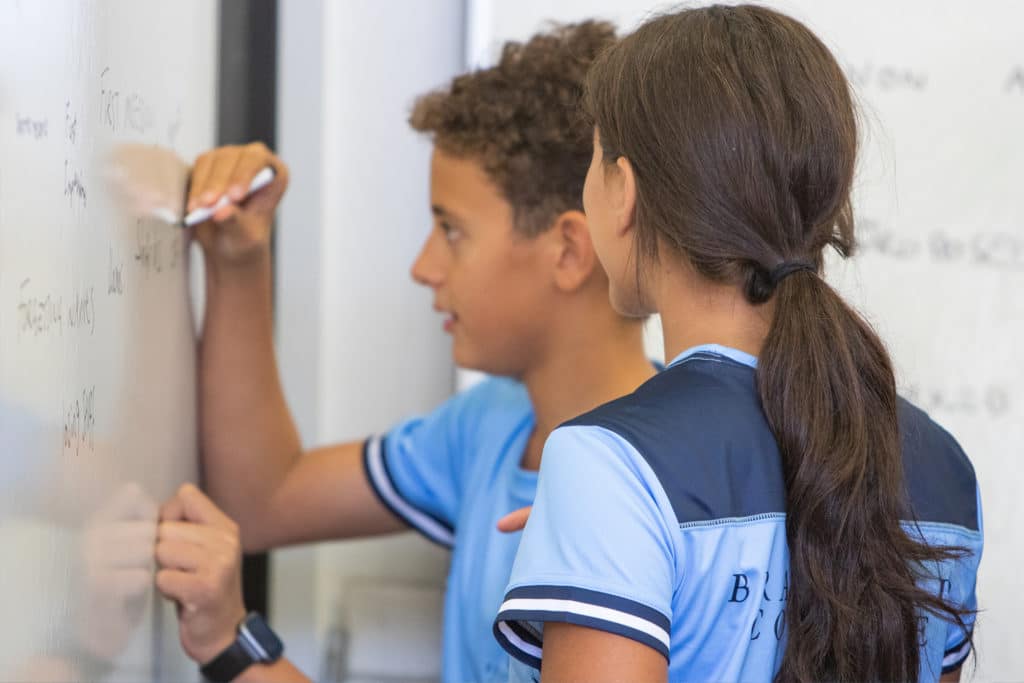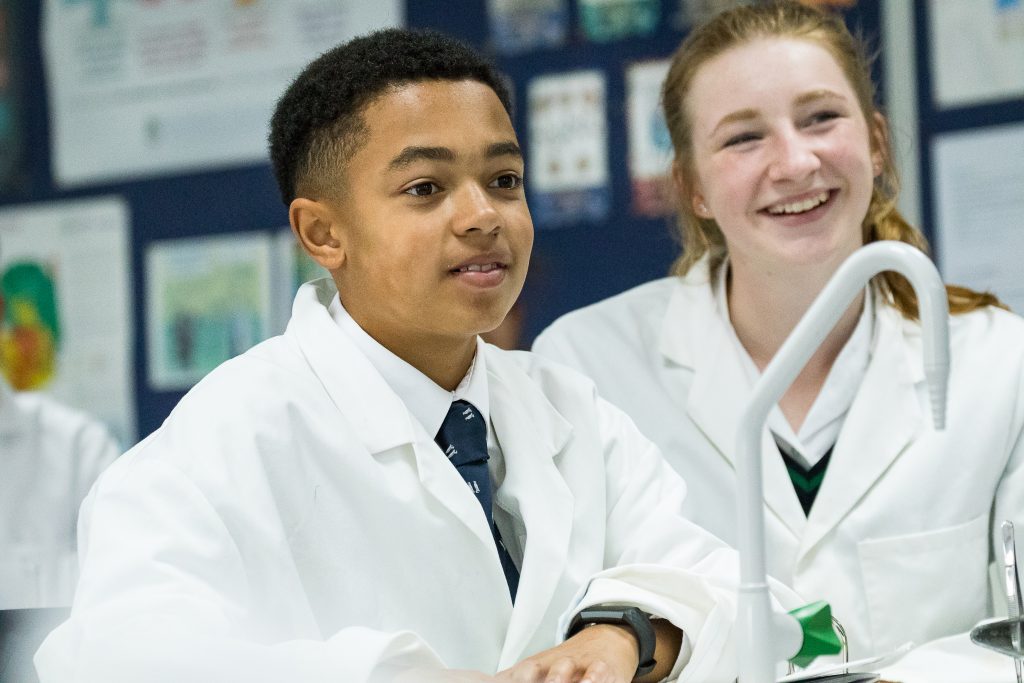A curriculum that equips our young people with the skills and mindset that will help them be successful in 2030 and beyond.
In September 2023 we launched our redeveloped Faulkner’s (Year 9) curriculum, one which supports the College’s delivery of an Education for Life and the changing needs of the modern world.
The new Faulkner’s curriculum:
- introduces, teaches and formally assesses a set of skills that the modern world of work demands, now and increasingly so in the future;
- continues to drive knowledge acquisition within an environment of academic challenge and rigour;
- assesses pupils in different ways, where creativity and innovation are celebrated;
- teaches pupils how to work more independently and more efficiently;
- allows for a smooth, but appropriately challenging transition from our feeder schools where a broad and varied range of curricula already exists.
We believe this refocussed curriculum – what we teach and how we teach it – develops curious, independent learners, better equipped than ever before to thrive in their academic studies and excel in the exam room.
Skills
The Faulkner’s curriculum consciously targets:
| Skill | Definition | Aspects |
|---|---|---|
| Complex Problem-Solving | considering different factors in order to implement and achieve an outcome | Factors Task Outcome |
| Self-Regulation | skill in managing your own learning effectively | Plan Response Reflection |
| Presentation | communicating clearly and in a way that engages the audience | Content Delivery Resources |
| Digital Literacy | skill with apps - Word, PowerPoint, AI, Sway, Excel, OneNote | Search Use Ethics |
| Critical Thinking | examining a range of evidence to form a judgement | Evidence Argument Judgement |
Curriculum Design
This curriculum comprises five spheres of learning. The design of these courses is driven by our understanding that the best learning comes when what is being taught is set in context, helping pupils to see its relevance in the world around them. We have broken down walls between subjects, allowing for authentic links to come to the fore, enhancing learning as pupils see how real-world ideas and concepts draw together information and thinking from across the curriculum.
Elements of each course require interdisciplinary thinking. For example, within Environment and Sustainability pupils are required to think as scientists rather than solely as a biologist, chemist or physicist. Equally, there are activities when a pupil needs to look through the lens of the linguist as opposed to that of a hispanist or classicist.
The People and Society course stands alone because it is purely interdisciplinary, bringing together elements of Geography, History, Religion, Art History, Government and Politics, Citizenship, Psychology and more.
Environment and Sustainability
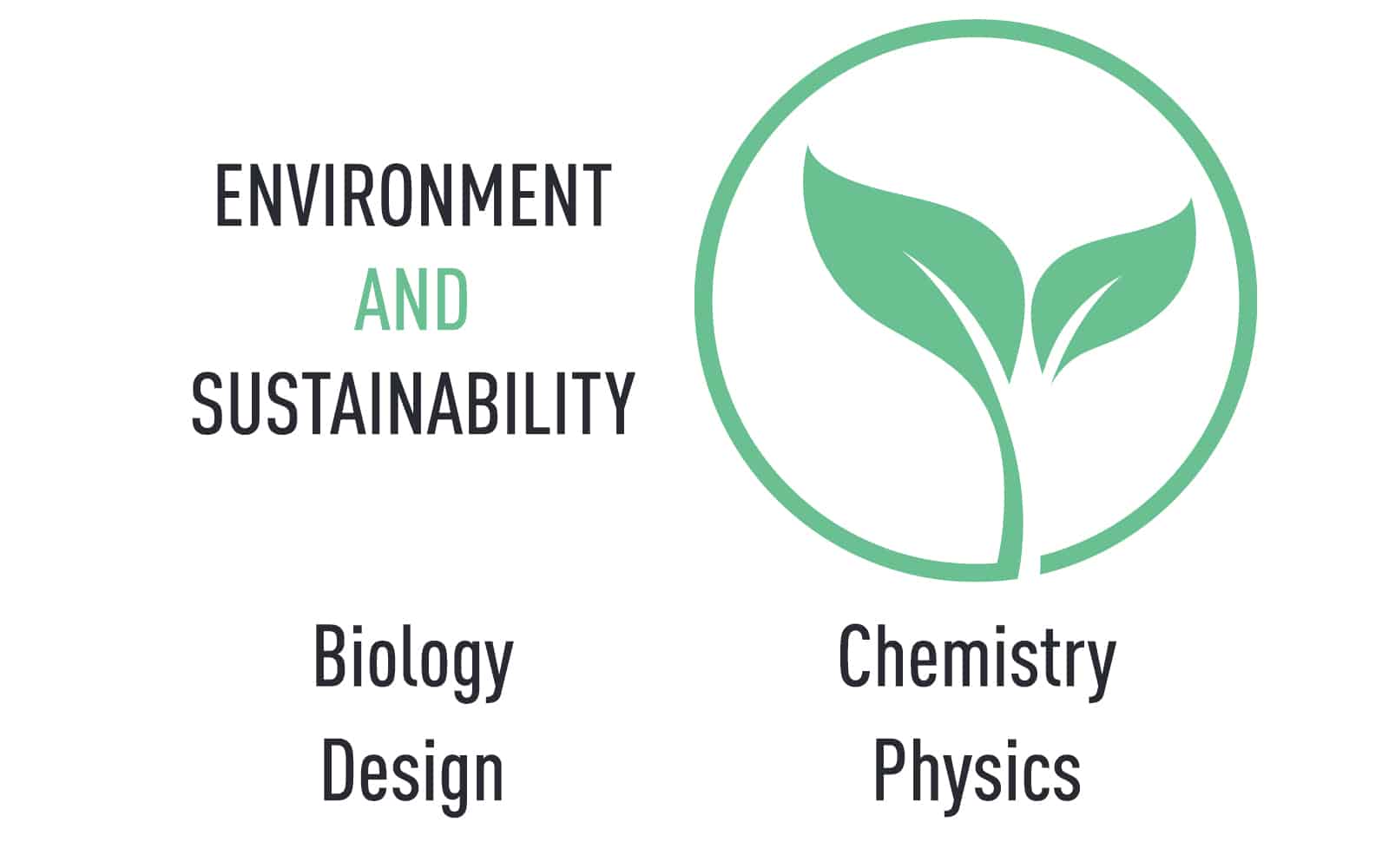
Each of the three sciences challenges pupils to complete practical investigations based on aspects of our environment and the concept of sustainability. Each discipline ensures that pupils are able to present their work in different ways, allowing the five key skills to be assessed. Alongside this, pupils in Design produce an artefact related to an investigation which will look to solve a real-world problem.
Languages and Culture
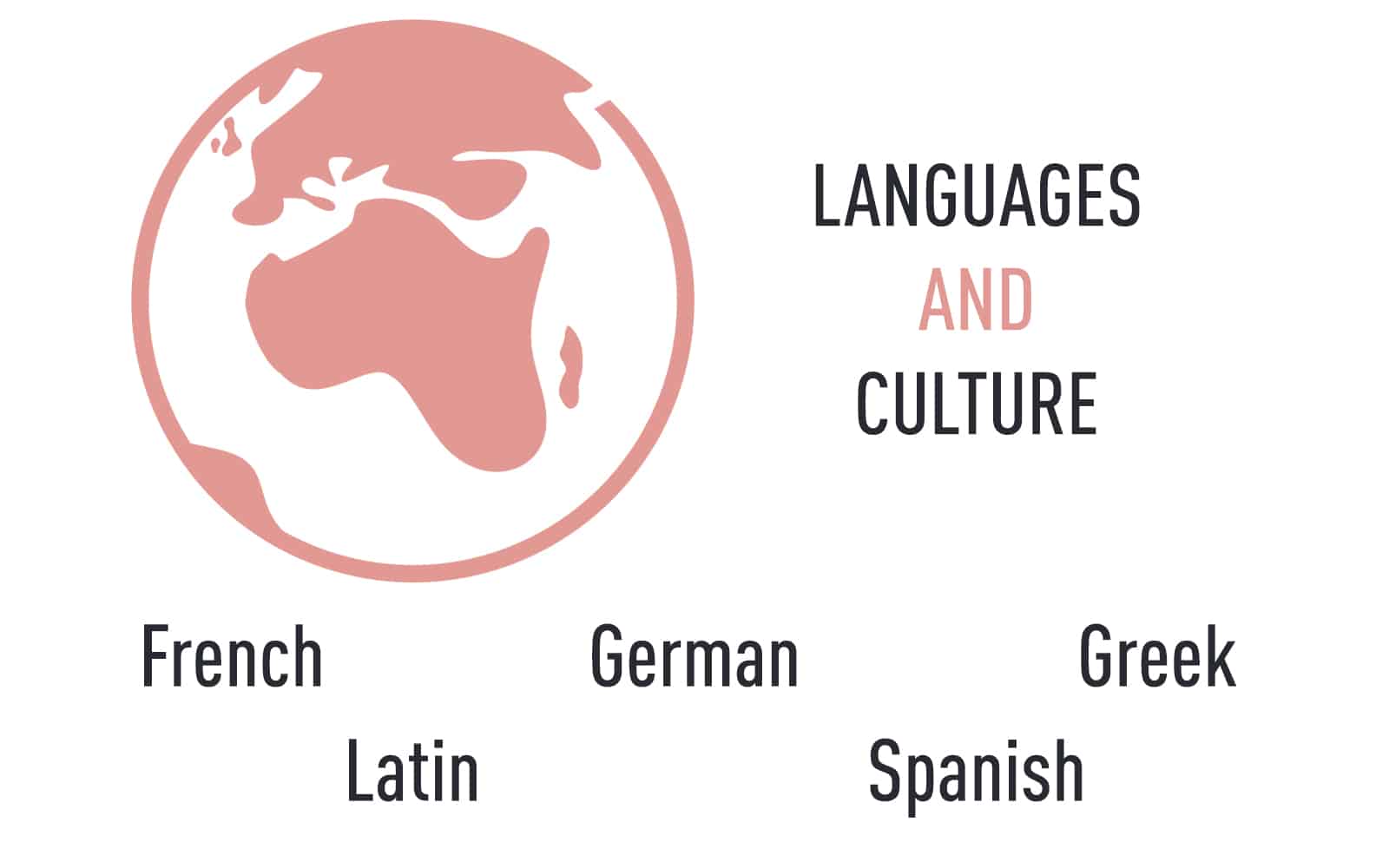
The Languages and Culture course allows pupils to develop an understanding of other cultures and people through the acquisition of language. They will develop a confident and competent use of language and become curious as to how peoples from around the globe compare and contrast. Specific and generic language acquisition skills – vocabulary learning, grammar, translation, language analysis – are fundamental to this course, along with developing an understanding of cross-language cultural events and traditions.
People and Society
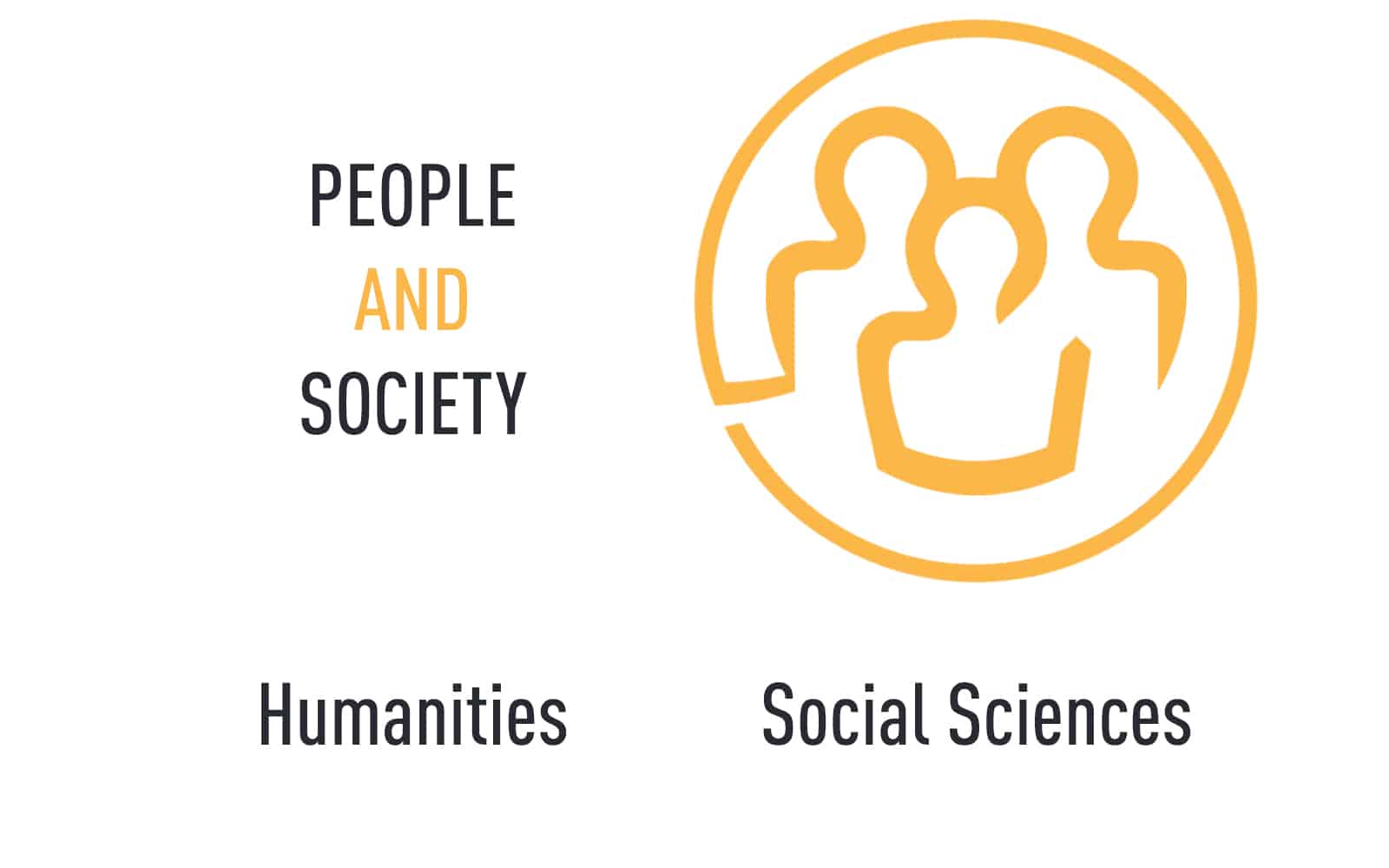
People and Society comprises eight distinct modules. The course primarily develops pupils’ critical thinking, particularly the skill of discerning misinformation. The content delivered in these rotations is diverse and challenging, pulling from a wide range of humanities and social sciences. The course grapples with content that is not only interesting and engaging but allows pupils to make sense of the world around them and encourages tolerance and respect.
Over the course of the 2023/24 academic year, Faulkner’s pupils cover eight of the following topics:
#firstofthefourth
A critical look at current affairs considering the sources of the information we receive and its context, misinformation and fake news.
History of Warfare
An exploration of the causes and nature of warfare across the globe, covering more than 500 years of conflict.
The Making of Britishness
Examining changing notions of British national identity in relation to issues of race, ethnicity and immigration from the 1500s to the present day.
Material Culture
Developing critical looking and thinking skills by using art, architecture and objects to understand history and the world around us.
Mind, brain and behaviour
A starter course on “the science of the mind”. Discover what science tells us about how and why humans think and behave the way they do. Pupils use inquiry learning to evaluate evidence in areas of animal behaviour, cognitive neuroscience and social psychology.
People, Politics and Power
A look at significant contemporary issues in society, focusing on power within the political world in the UK, US and beyond.
Athenian Democracy and Culture
Exploring the process by which ancient Athens became a democracy and examining how Athenian democracy worked, how contemporaries praised and criticised it, and the ways in which it inspired theatre, art, and architecture.
Roman Society and Culture
A critical examination of Roman society and culture, comparing and contrasting it with other, modern cultures.
Contextualising Place
An investigation into the relationship between people and their environments with a focus on the issues of development, migration, and rewilding.
How Much Freedom Do People Have in Society?
Cultivate critical thinking by exploring freedom in society through philosophy, economics, politics, and cultural awareness.
Maths In Action
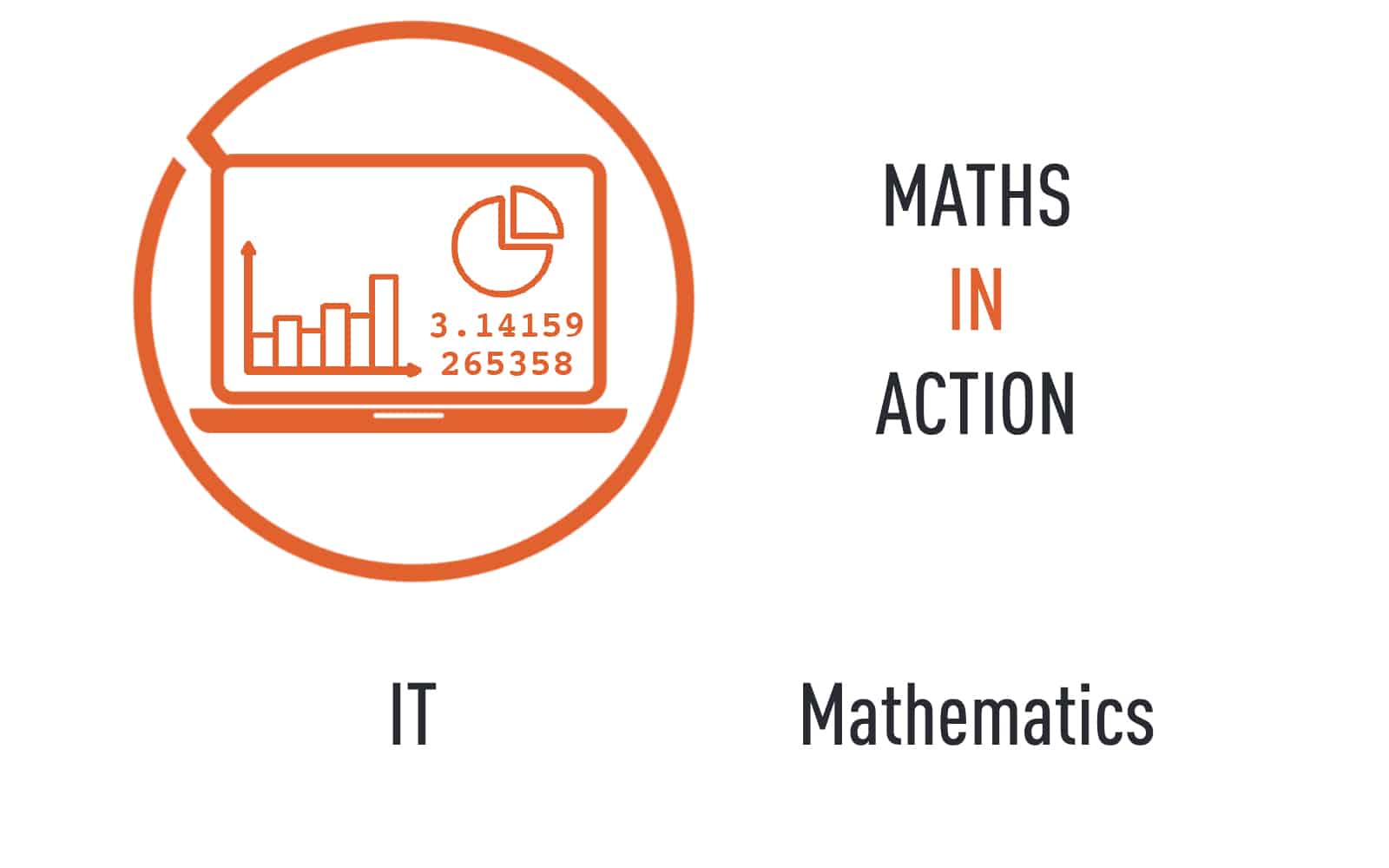
This cross-subject course (between Mathematics, Computer Science and IT) brings critical thinking and digital literacy to the fore. Exploration of geometric formulae, financial interest accounting and data analysis are all analysed, developed and presented through a combination of core mathematical and computer science skills, taking advantage of Microsoft 365 applications such as Excel, Word and PowerPoint (introduced through the Digital Competency Course).
Creative and Literary Arts
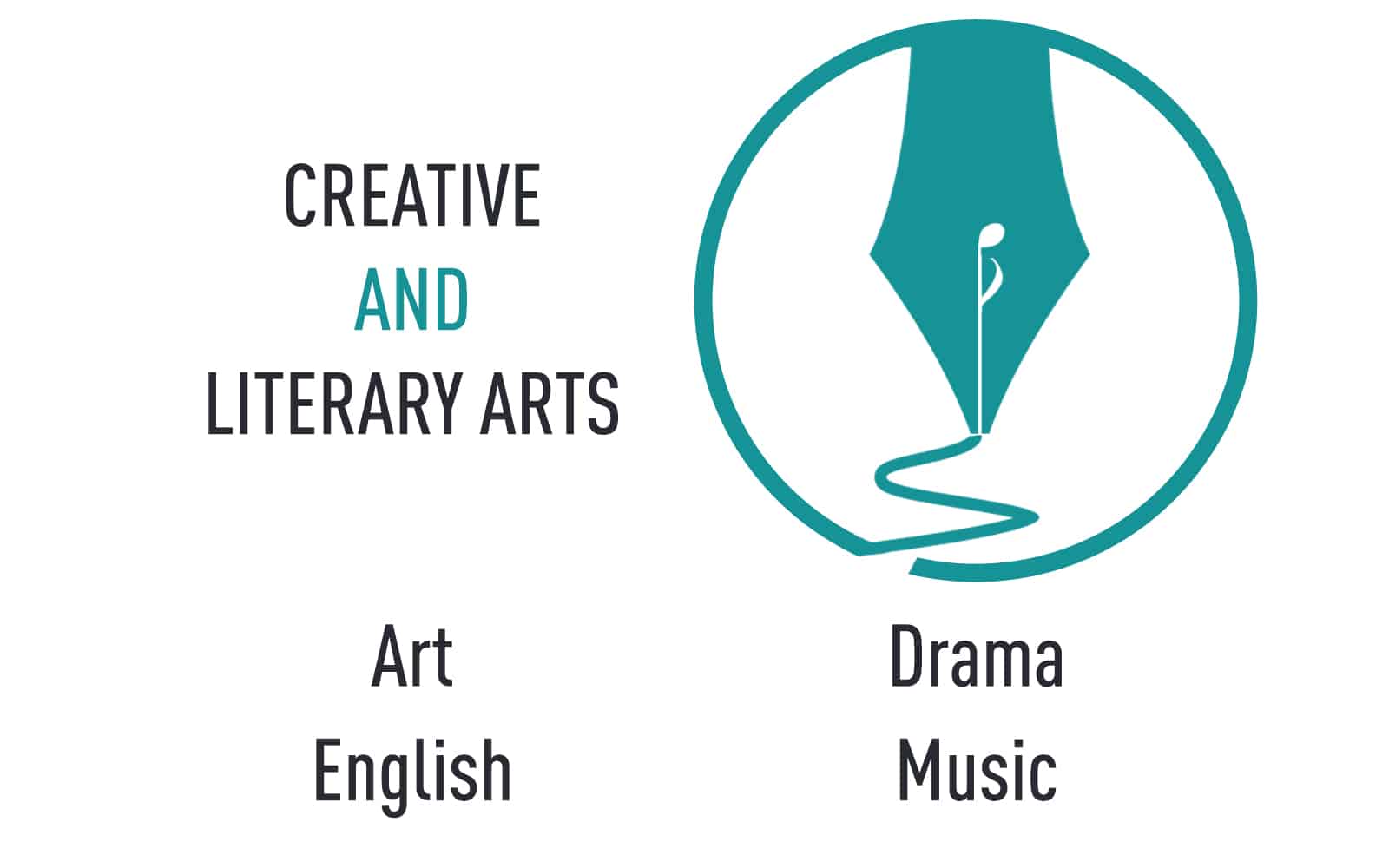
In Creative and Literary Arts, pupils engage with and enjoy a variety of ‘texts’ in a variety of modes, including dramatic, musical, visual and literary. As part of their experience pupils develop their analytical, creative and performance skills through a variety of interdisciplinary projects including Shakespearean texts, poetry, African Djembe drumming and Greek theatre.
L.I.F.E - Learning is for Every Day
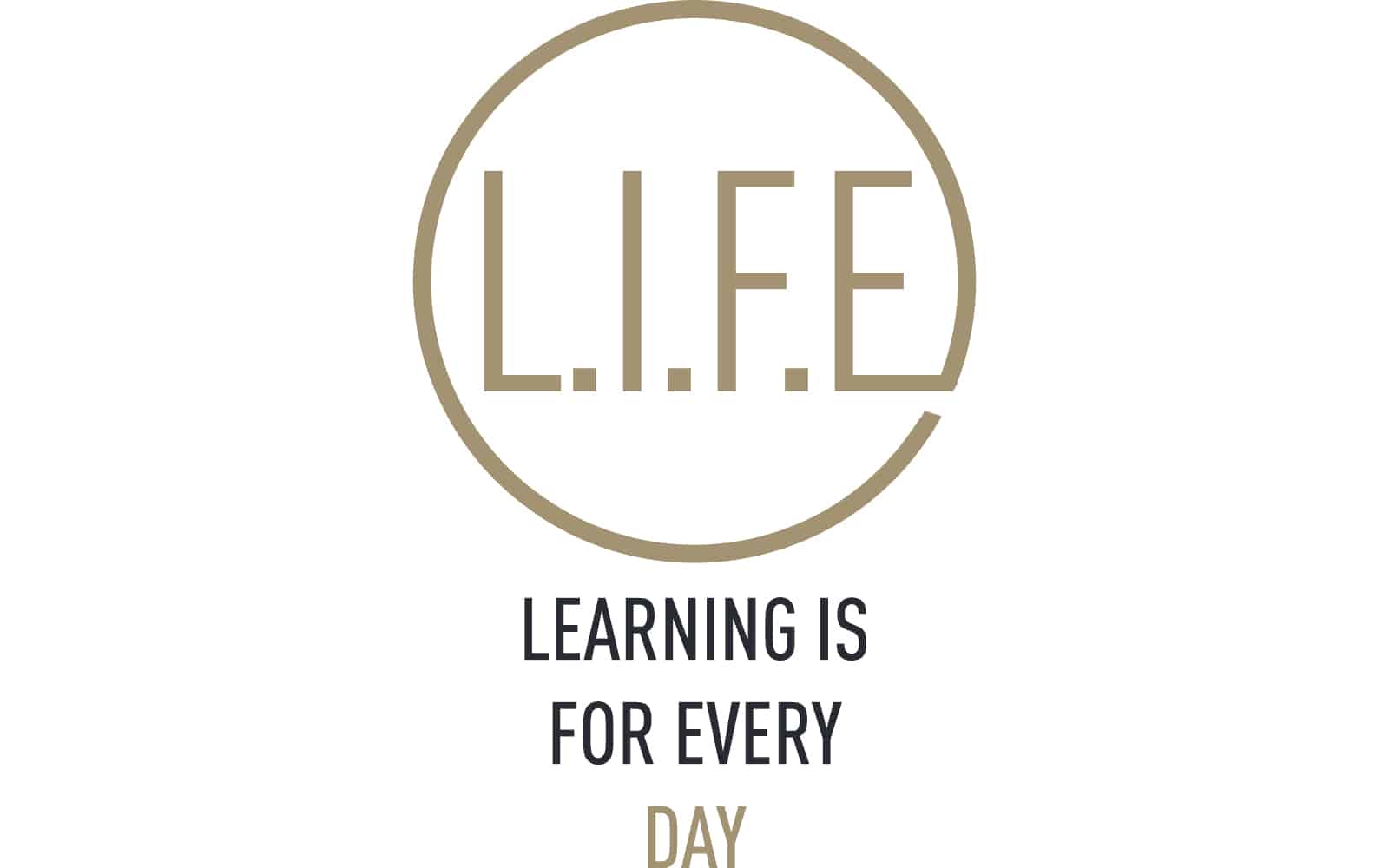
In a school committed to delivering an Education for Life we understand it is important to introduce skills and learning outside of any formal qualification. What pupils learn within our L.I.F.E course will have obvious, and sometimes immediate, value within their daily lives – today and when they leave College. ‘L.I.F.E’ stands for Learning is For Every day and this is reflected in the modules that comprise it:
- Mental and Physical Wellbeing;
- Digital Competency;
- Touch Typing;
- Study Skills;
- Introduction to Finance.


